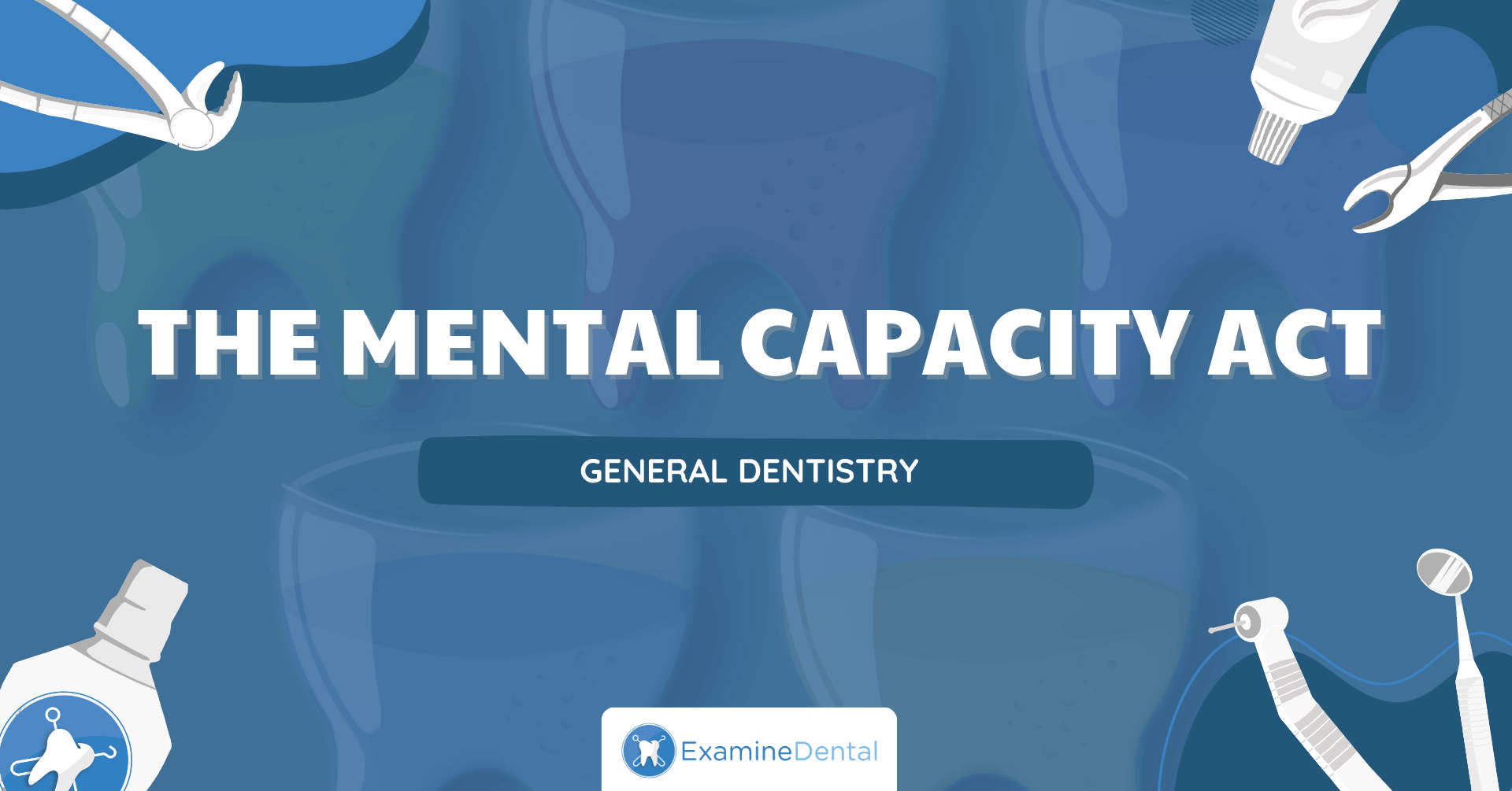
The Mental Capacity Act
Contents
ToggleThe Mental Capacity Act
Objectives
By the end of these revision notes, you should:
What is the Mental Capacity Act?
The Mental Capacity Act is crucial in helping making decisions with patients lacking capacity. Mental capacity refers to the ability to make a decision. It’s aim is to safeguard decision-making for those over 16 years of age.
The act was brought in to force in 2007 in both England and Wales. It involves care, treatment and support for everyone over the age of 16 who are unable to make some or all decisions for themselves. It protects and promotes decision-making in those lacking capacity.
All healthcare professionals are to follow the five key principles of the Mental Capacity Act.
The Five Principles of the Mental Capacity Act
1) Presume capacity
In the first instance, we cannot assume that someone cannot make a decision for themselves because they have a certain medical condition or disability. You must always first presume the patient has capacity until proven otherwise.
Subscribe to access ALL revision notes and cheat sheets!
We provide a wide range of revision notes and cheat sheets to help you study and prepare for exams! To access all we have to offer, head over and subscribe to ExamineDental now to supercharge your revision!
2) Support decision-making

3) Respect unwise decisions

4) Work in the best interests

5) Choose the least restrictive option

Assessing Capacity

Best Interests

Summary

